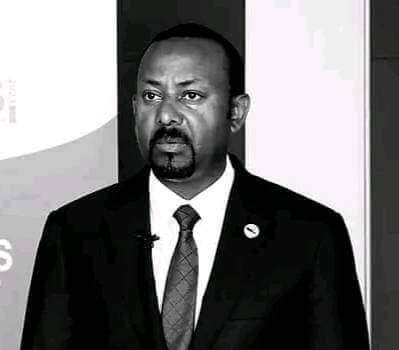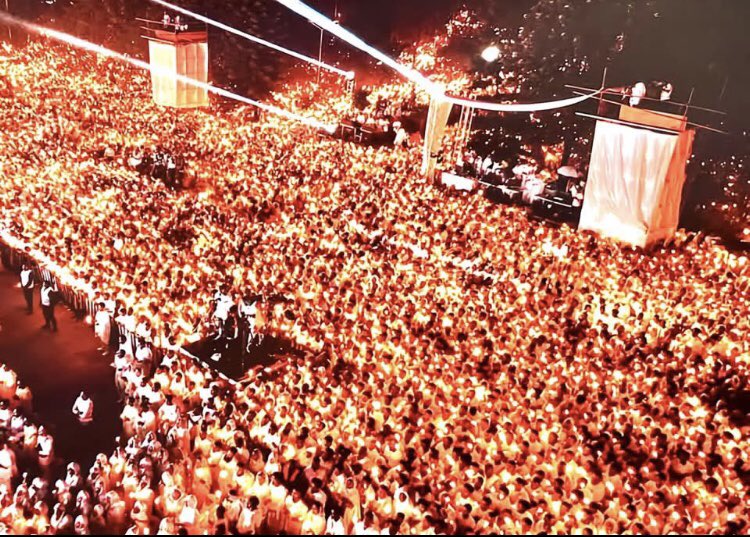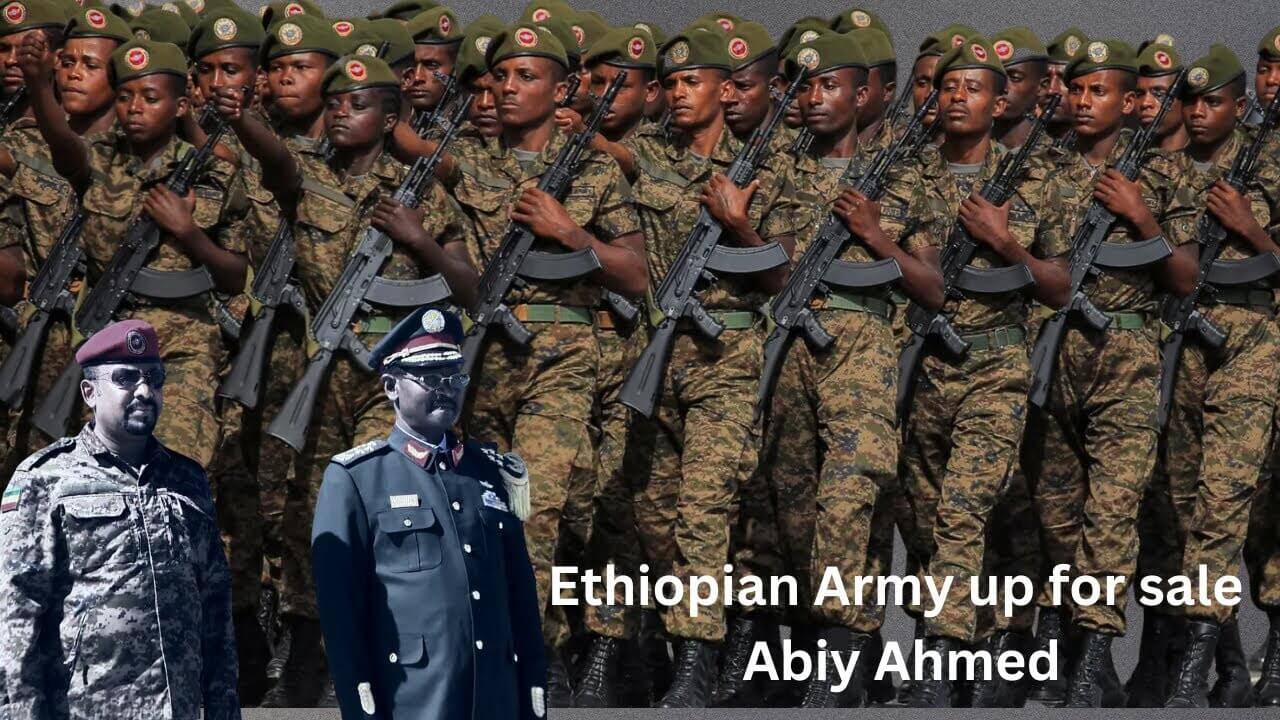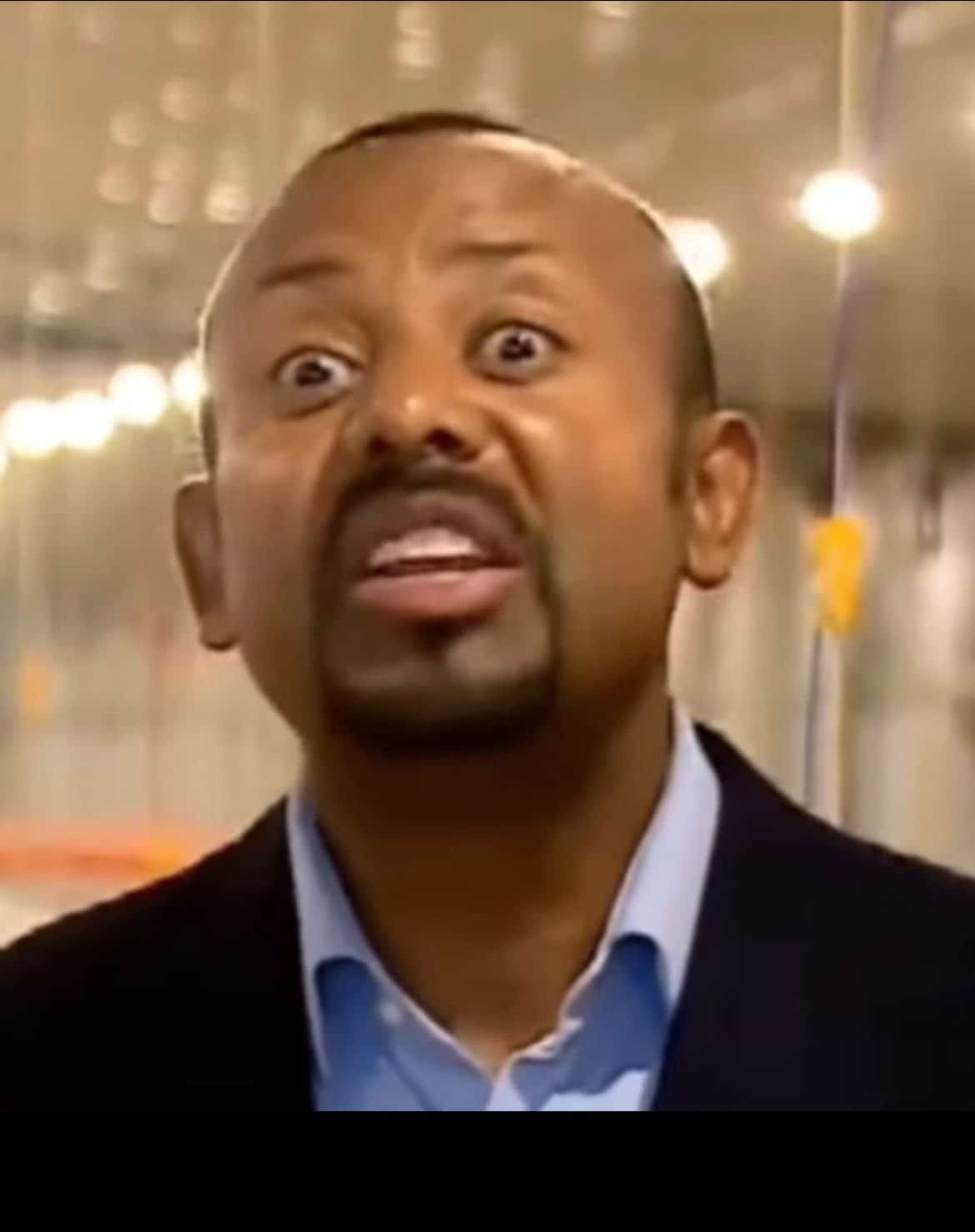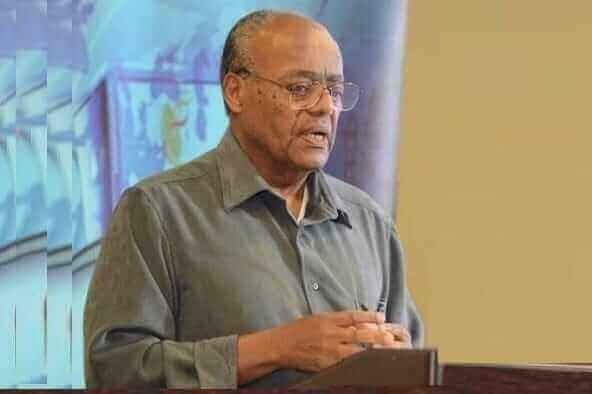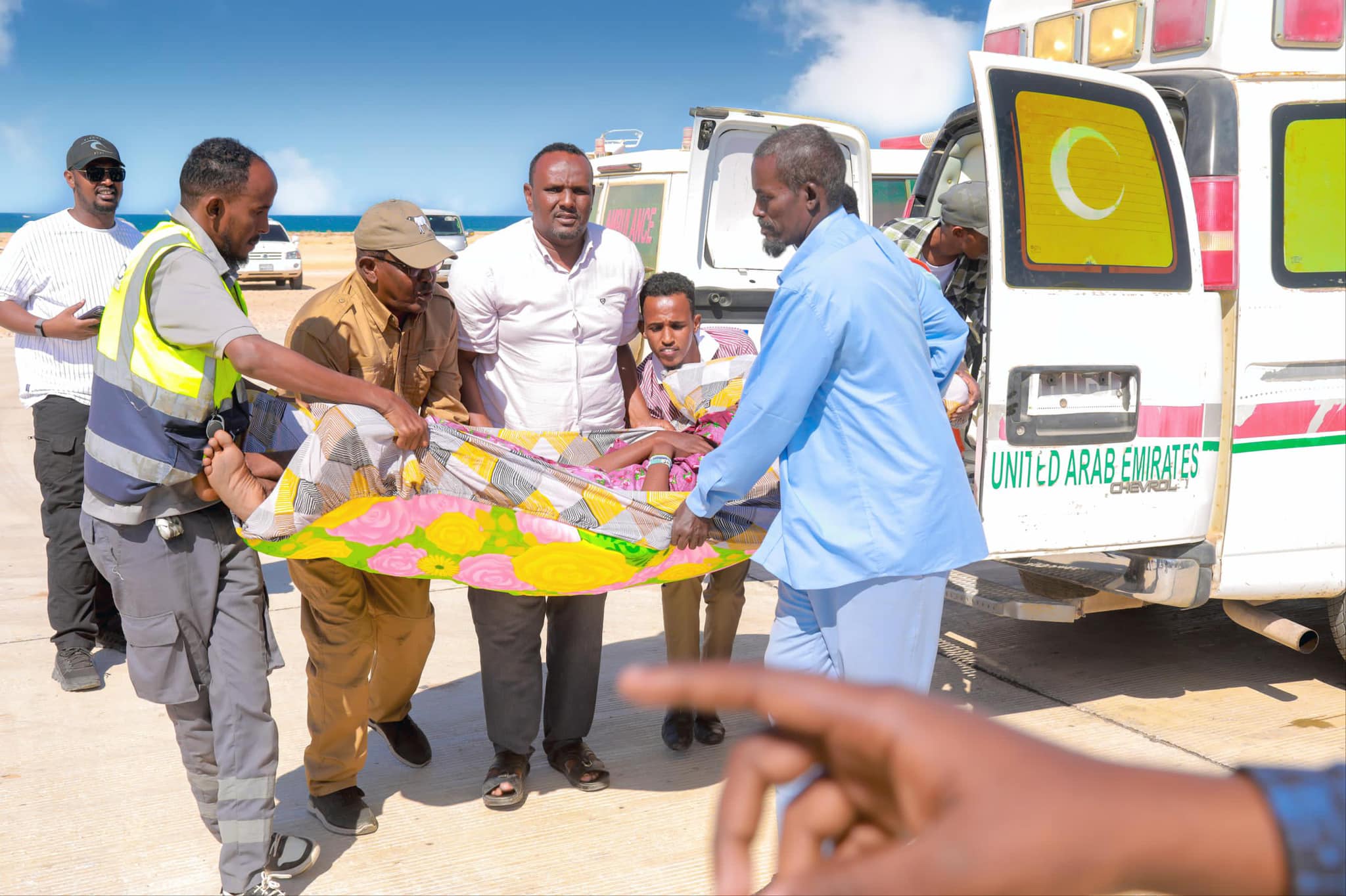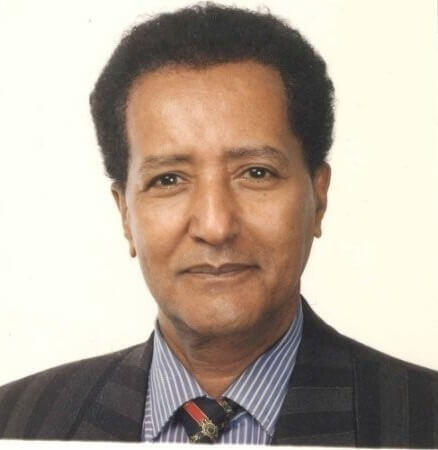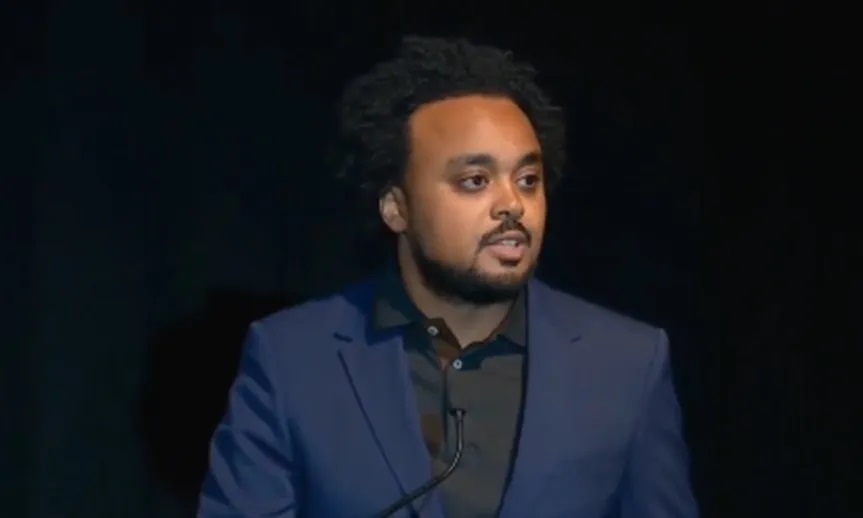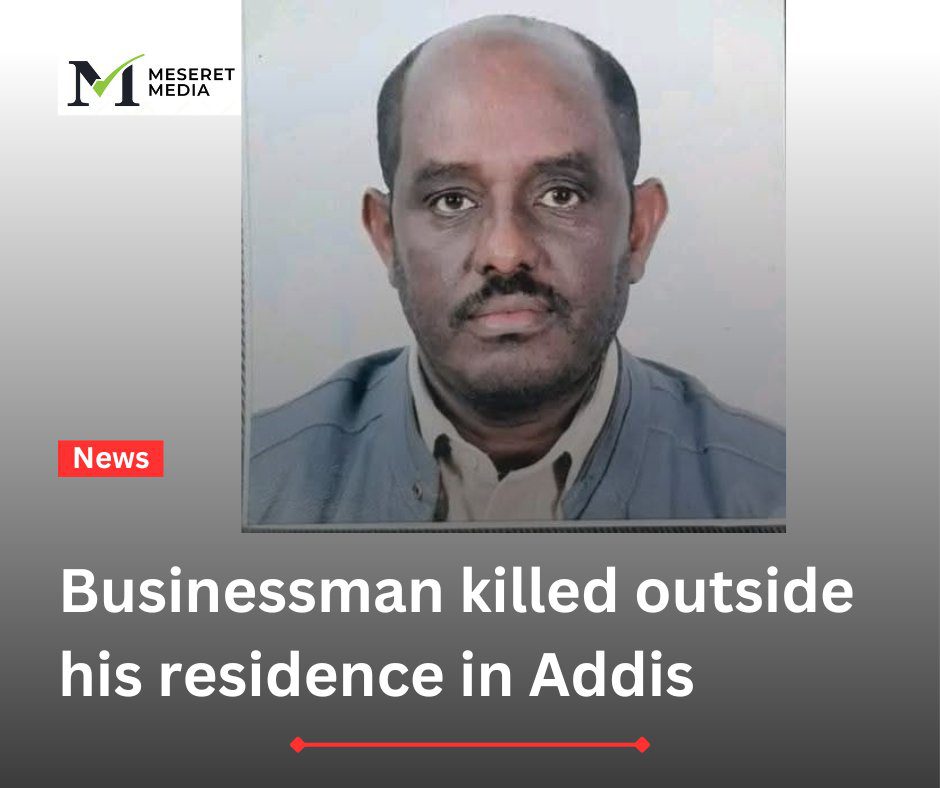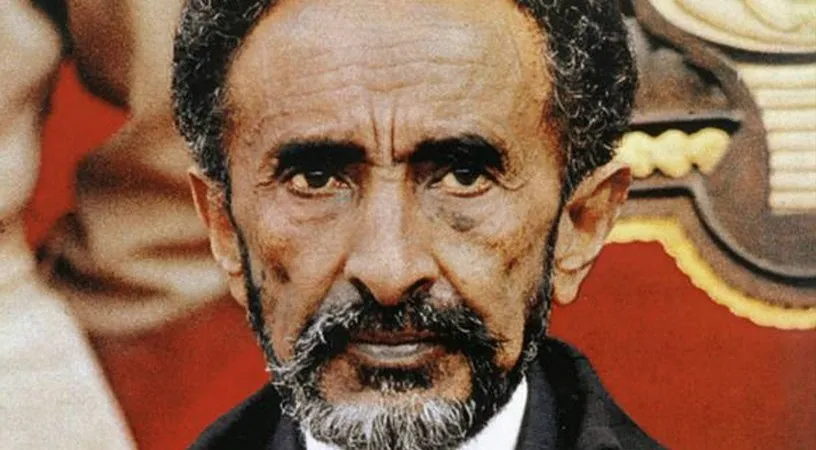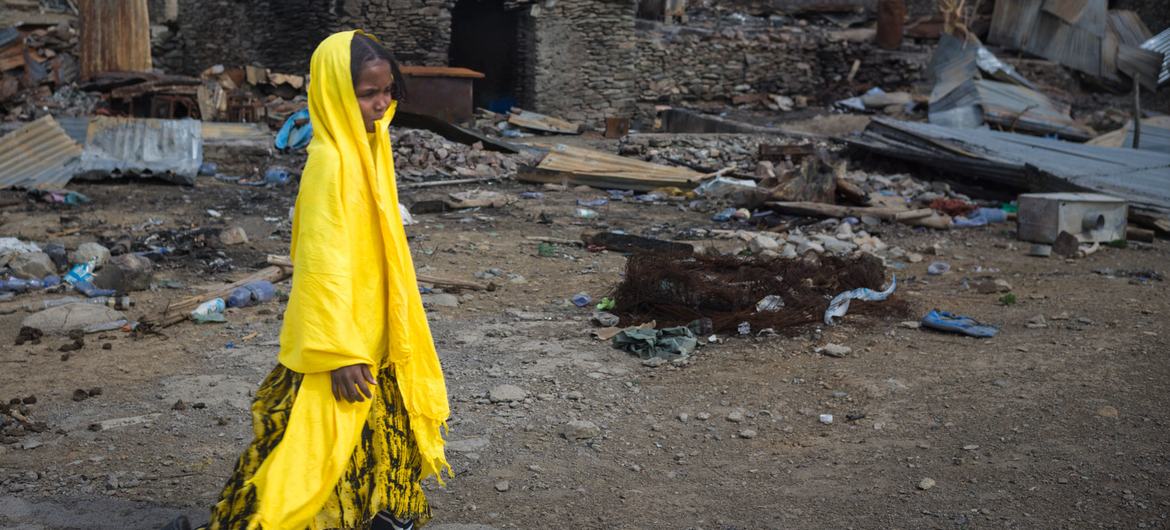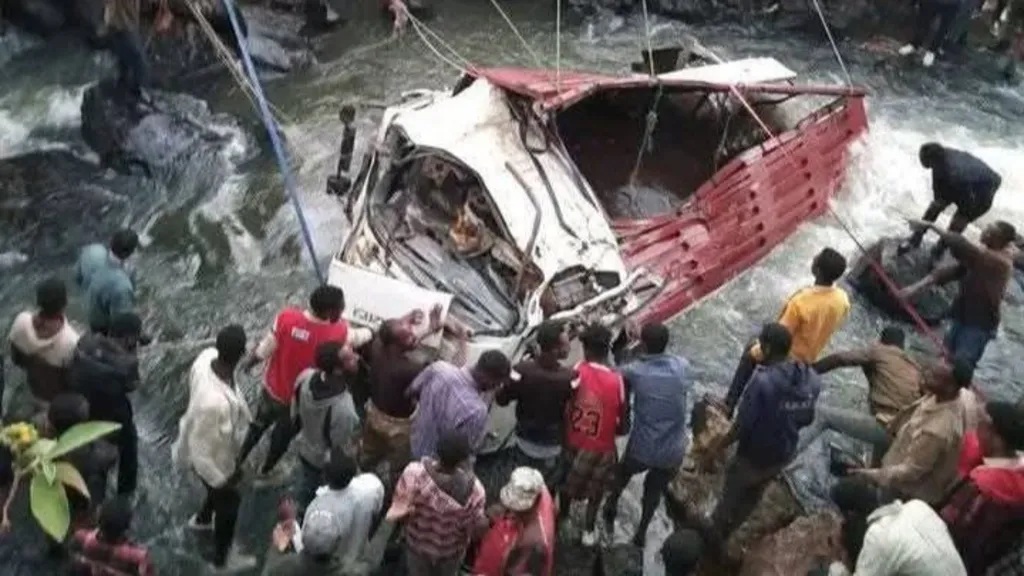Teklu Abate (teklu.abate@gmail.com)
 Ethiopia becomes, more than ever before, an ailing nation under the leadership of Prime Minister (PM) Abiy Ahmed and his Prosperity Party (PP). Hundreds of thousands of Ethiopians are killed in the TPLF-induced war, not to mention the countless number of people who became physically and psychologically incapacitated. Active fighting still ensues in Amhara, Oromia and other regions. Thousands of innocent Amharas are assasinated in cold blood in various parts of the Oromia region and elsewhere in the country. Hundreds of thousands are forcefully displaced from their homes and have lost their hard-earned properties. Thousands of Ethiopian youth left the country often attempting to live as ordinary human beings in foreign lands; many perished in the unforgiving deserts and seas while crossing and others are languishing in prisons in many African and Arabian countries. Critical journalissts, businessmen, youth, teachers and professors, and peasants are arrested in mass. Many are taken to some of the most inhospitable places in Ethiopia. As official prisons do not match the number of people the cadres are almost randomly kidnapping from streets, restaurants, homes and worship places, they turn schools, factories, and other locations much into concentration camps, by then turning the country into a prison nation. Churches and mosques, schools and universities as well as health facilities are burnt and vandalized in broad daylight. Travelling from one place to another for business and leisure increasingly becomes risky and impossible in many ways. The economy is in its worst shape since recent times where commodity prices are skyrocketing. Corruption is pretty institutionalized. The territorial integrity and sovereignity of Ethiopia is breached by foreign forces. Law and order are being breached by the ruling party leadership and its cadres. Among the most threatening and incapacitating factor taking the entire country as a hostage is the aggressive emergence of new clones of oppressors, terminators and assassins who associate themselves with the PP and who once considered themselves as among the oppressed majority.
Ethiopia becomes, more than ever before, an ailing nation under the leadership of Prime Minister (PM) Abiy Ahmed and his Prosperity Party (PP). Hundreds of thousands of Ethiopians are killed in the TPLF-induced war, not to mention the countless number of people who became physically and psychologically incapacitated. Active fighting still ensues in Amhara, Oromia and other regions. Thousands of innocent Amharas are assasinated in cold blood in various parts of the Oromia region and elsewhere in the country. Hundreds of thousands are forcefully displaced from their homes and have lost their hard-earned properties. Thousands of Ethiopian youth left the country often attempting to live as ordinary human beings in foreign lands; many perished in the unforgiving deserts and seas while crossing and others are languishing in prisons in many African and Arabian countries. Critical journalissts, businessmen, youth, teachers and professors, and peasants are arrested in mass. Many are taken to some of the most inhospitable places in Ethiopia. As official prisons do not match the number of people the cadres are almost randomly kidnapping from streets, restaurants, homes and worship places, they turn schools, factories, and other locations much into concentration camps, by then turning the country into a prison nation. Churches and mosques, schools and universities as well as health facilities are burnt and vandalized in broad daylight. Travelling from one place to another for business and leisure increasingly becomes risky and impossible in many ways. The economy is in its worst shape since recent times where commodity prices are skyrocketing. Corruption is pretty institutionalized. The territorial integrity and sovereignity of Ethiopia is breached by foreign forces. Law and order are being breached by the ruling party leadership and its cadres. Among the most threatening and incapacitating factor taking the entire country as a hostage is the aggressive emergence of new clones of oppressors, terminators and assassins who associate themselves with the PP and who once considered themselves as among the oppressed majority.
Overall, Ethiopia seems quickly sliding into the abyss. Anyone who really claims that Ethiopia is in good shape and is just passing through a natural process toward prosperity and peace must be a maniac. The PM passionately argues that all those social evils or ‘afflictions’ are the results of the decades-old governance models of the TPLF-led EPRDF. This argument seems, at face value, valid and hence could tempt one to momentarily think that the PM and the PP generally are not responsible and accountable for all the disaster. However, two points which challenge this argument stand tall. One, the popular uprising that allowed the PM to assume power was intended to change the course of the country and lead the country toward genuine and lasting socio-cultural, economic and political transformations. The people gave them all their wills and encouragements necessary to effect such changes. In what appears to be a sharp contradiction, things got worse since the PM assumes power in April 2018. They intentionally wasted a once-in-a-lifetime golden opportunity to put Ethiopia on course. Two, the PM and the PP are off-shoots of the notorious TPLF/EPRDF; PP is a sugar-coated view of EPRDF’s ideology and apparatus. The leaders and cadres did not change their mindset and hence, all the mess gets its origin in their thoughts and ideologies engrained in tribalism, fascism, revenge, indoctrination, and domination. The PM, PP, cadres and their entourage are thus responsible for what we daily experience in Ethiopia.
Due to the dehumanizing nature of oppressors, who are defined here as those who 1) do not freely think and act responsibly to actualize noble dreams, and 2) limit or challenge by any means available the free will and action of others, the formerly oppressed (who were among the oppressed by the TPLF-led dictatorship) are the current leaders who use equally dehumanizing strategies against the Ethiopian people to achieve their goals. Using the structures and arrangements created during and in the fight against the TPLF over time, the new oppressors (the PP leadership, especially the Oromo PP, and its entourage) keep terrorizing the Ethiopian people, particularly the Amhara. Their discourses freely expressed in social and mass media reveal their zest for sheer domination, subjugation, exclusion, torture, intimidation, execution, persecution and generally dehumanization. Any form of resistance or counter force to this collective madness should be morally, ethically, and legally justifiable or defensible.
The Fano become a formidable force to the state machinery. A lot is already said about who Fanos are and what they are upto. What appears unclear is the real cause of their uprising. As I see it, the major cause is linked to the age-old persecution, assassination and discrimination made against the Amhara. The dehumanization started as far back as the time when TPLF as guerrilla fighters controlled Wolqait and the surrounding areas. Once in power, TPLF amplified further their false narration that the Amhara are responsible for all the odds Ethiopia faces. Their media and publications as well as conferences and meetings propagated this narration. Some elements in the Oromo and other ethnic groups subscribed to the narration and tried to justify their relevance and significance to their constituents by killing and persecuting Amhara. Many Amhara are demoted from their positions in public offices and others are fired for no obvious reason other than being Amhara. Many left Ethoiopia for North America, Europe, Africa and even Asia.
All these injustices are scaled up and sustained during the last five years. Thousands of Amharas who have been living in Oromia especially in Wollega are killed in cold blood and many are made homeless and penniless over night. Besides, the word Amhara is systematically made synonym for words such as extremist, unitarist, gun lover, and expansionist. All these and other injustices left noticable scars on the minds and hearts of the Amhara. There were resistances made in the form of protests and demonestrations as well as negotiations of some sort, albeit unsuccessfully. Moreover, the rounds of war TPLF waged against Ethiopia during the last few years were shock-absorbed by the Amhara. Hundreds of thousands were killed and incalculable damage was made to their livelihoods and infrastructure. And then comes the most immediate cause of the Fano uprising- the ill conceived and practiced disarmament plan of the federal government. Well before disarming terrorizing Shene and TPLF fighters, the goovernment sent its troops to the Amhara region and tried to disarm Special Forces and others. That was found to be the red line for the Fanos. Triggered by the disarmament plan, they stand to fight and bring an end to the decades-old dehumanization of the Amhara. The disarmament bluff is thus an immediate triggering factor and the real cause for the Fano uprising is linked to the intolerable dehumanization of the Amhara across Ethiopia.
The Fanos get the guns and the guts to challenge what appears to be the rushed up disarmament plan of the federal government. To the surprise of many Ethiopians and others, Fanos are so far able to record significant achievements. The swarming by Fano of neally all major towns, cities and villages in the region resulted in the complete collapse of the Amhara PP government. Winning popular support and acclaim not only within Amhara but also in other parts of Ethiopia and abroad, attracting the attention of international media and international organizations, the proliferation of diplomatic and support groups in the diaspora, and consequentiallly sending fear and terror to state machinery and its top leadership are additional success stories for the Fanos. Their humanely treatment of war prisoners, their protection of institutions and communities from vandalism and lawlessness, and their efforts to make a distinction between the PP apparatus that fights them and the Oromo people are found to be their strengths which might contribute to their success.
However, creating and sustaining an all-inclusive democratic system in the Amhara region and in Ethiopia generally is not an easy feat. Besides logistical constraints, there are many challenges that might castrate the now popular struggle led by Fano. Challenges could come from the oppressed themselves (the Fanos) as well as from the oppressors and the general public.
One, the national political nanism (mainly caused by tribal ideological framing) coupled with the systematic and unabating dehumanization of the Amhara could trigger and drive fanaticism and sectarianism among the files and ranks of Fano and its members and supporters. They might enclave themselves in the Amhara ‘frame’ only. This sole frame of reference could restrict the much needed partnerships and collaborations with Ethiopians in other ethinic groups. This in turn could add more complexity to the already poisonous political culture strangling Ethiopia.
Two, as the Fano uprising gains momentum, people from the oppressor side, PP, left their ranks and files and joined it, they become converts in a way, which is a great success to Fano. The risk is that some or many of the converts might feel that they are more capable and experienced to lead the new struggle. The problem with this is that converts may not be able to bring a profound change in their world views and actions which may pose a particular challenge to the struggle. They might appear indecisive, insecure, and actionless- all these in the end rests in shaming and blaming Fano. They are in constant fear of being persecuted and prosecuted someday should the change matures and solidifies in the future. They also fear that their fate might be in jeopardy should the government defeats Fano.
Three, a not negligible part of the Amhara and Ethiopian population in general might identify with the PP which boasts to have millions of active members and supporters at their disposal. Many might play the role of bandas, covertly serving the interests of the oppressors and foreign adversaries. This group might sabotage the struggle.
Four, some radicals in the struggle might create in the name of popular struggle, consciously or otherwise, emotional, moral, and/or psychological dependence on the mass. The mass might then think that it is only those leaders who should decide and act. Meaning, some leaders might unconsciously own the struggle. Followers religiously submit to the whims of their self-appointed leaders. The former considers the latter as their messiahs, protectorates, and liberators. This state of mind is itself limiting, oppressive, dehumanizing, and castrates genuine struggle for democratic change in Ethiopia.
Five, the oppressed- the people- might lack self-confidence in openly challenging the PP system and its elements that frustrate genuine change. The oppressed self-depreciate, as they are treated like powerless, lazy, and envious by the oppressors. People might feel and fear that pushing this oppressive structure to its limit might trigger the outbreak of a protracted civil war. Also, other section of the population appears indifferent; it stands tall and quiet in the midst of all the killings, persecutions and bogus prosecutions. The oppressed might lack the guts and of course the guns to openly and decisively challenge the new breed of oppressors and assassins. The oppressors also fear real freedom and democracy, as they always consider that liberation is possible only at the expense of their safety and comfort. So, both the oppressed majority and the oppressors fear to engage in meaningful deliberations that could result in the founding of genuine democratic governance systems in Ethiopia.
In sum, the Fano uprising is quite a significant milestone in the recent history of not only the Amhara region but also Ethiopia generally. Unless the government and the Ethiopian people give more heed to this and then identify mitigating strategies, there might start a proctracted civil war engulfing the whole nation. The Fano is equally responsible for whatever comes their way. I would like to make some closing remarks that might contribute to strategic thinking linked to and about the uprising. One, struggle for complete liberation and democratic governance requires profound love for people, humility, intense faith in people capacity/potential, mutual trust, hope, self-regulation, and critical thinking. Two, the PP culture of oppression (false narration) must be dealt with culturally (deal with the world views, consciousness, actions, ethics, and false narrations of the oppressor). Three, it is in the interest of the struggle to restrict the movements of suspicious converts and others who appear to castrate the struggle. Four, if the oppressor (PP) is willing to have genuine dialogue possibly leading to national consensus and reconciliation, the oppressed (Fano) MUST participate genuinely. Five, leaders of the struggle MUST understand the fact that they fight not for the people but with the people. Six, the goal of the struggle, to liberate the oppressor and the oppressed alike, MUST be constantly articulated and communicated to all sections of the Ethiopian society including to those linked to the oppressor.
//////////////////////////////////////////////////////////////////////////////////////////////////////
PS- This piece is a substantially developed version of my article titled, The make-or-break situation in Ethiopia, which is published in social media and in my blog, Abyss.


